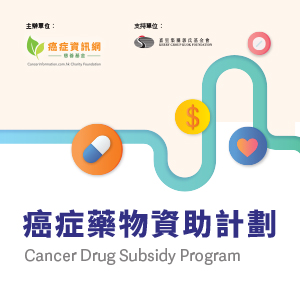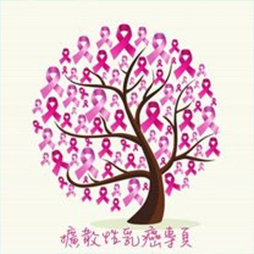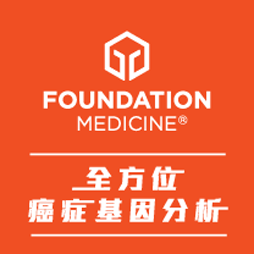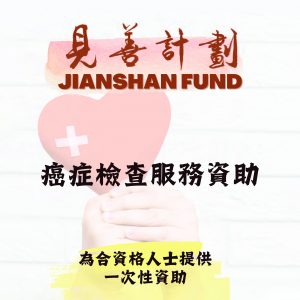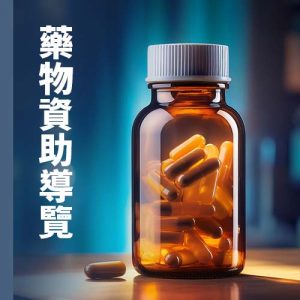【優秀科研】中大醫學院兩個研究項目獲國家教育部頒授2020年度高等學校科學研究優秀成果獎(科學技術),分別取得自然科學獎一等獎及二等獎。得獎學者及研究項目如下:
• 自然科學獎一等獎
得獎學者:中大醫學院內科及藥物治療學系黃秀娟教授、醫學院院長兼卓敏內科及藥物治療學講座教授陳家亮教授,以及榮休講座教授沈祖堯教授
研究項目:炎症性腸病的流行病學、發病機制及治療的整合醫學研究
炎症性腸病(IBD),包括克隆氏症及潰瘍性結腸炎,是復發性慢性疾病引起的炎症性腸炎。在過去的三十年中,全球有超過6,800萬的IBD病例。此症主要影響年青人,不但為他們帶來健康和經濟負擔,亦大大降低其生活質素。這種原本以為是「西方」的疾病,不知不覺間在內地、香港、澳門等亞洲多個地區呈現發病率激增,然而其發病機制及的流行病學規律仍不清楚。
過去10年,中大醫學院黃秀娟教授、陳家亮教授及沈祖堯教授團隊進行了最前沿的IBD臨床研究,在IBD 的流行病學、自然史、遺傳學、環境風險因素等方面取得一系列突破。團隊帶領20多個亞太國家的30個研究中心建立第一個亞太IBD流行病學平台,為IBD 的臨床護理、疾病診治及醫學研究的系統性革新作出了傑出貢獻。
團隊卓越的工作成果被高影響力科學期刊高度評價,同時被Nature、Nature Outlook,以及Environmental Health Perspective等雜誌專題報導。團隊最新研究成果指出不同環境暴露和微生物因素在IBD 疾病發展中不容忽視,靶向調控環境及微生物因素將為IBD 的預防及治療帶來新希望。
• 自然科學獎二等獎
得獎學者:中大醫學院腫瘤學系系主任兼李樹芬醫學基金腫瘤學教授莫樹錦教授
研究項目:亮化末期肺癌病人存活機率
莫樹錦教授領導的研究成果對肺癌分子靶向精準治療模式有莫大影響,並顯著延長晚期肺癌患者的生存期,成為國際上的新標準治療方法。莫樹錦教授自2018年起,連續三年成為「全球最廣獲徵引研究人員(Highly Cited Researchers)」之一。
近乎所有接受標靶治療病人會有耐藥性問題。為應對這問題,莫教授設計、領導及參與多項重要國際臨床硏究,與多個國家臨床試驗中心共同合作,確立治療新標準及改善肺癌病人存活機率,改革了表皮生長因子受體酪氨酸激酶抑制劑(EGFR TKI)耐藥性的治療方向。
莫教授及其團隊致力通過分子靶向治療提高肺癌患者的整體生存率,為EGFR 基因突變的患者建立了T790M 耐藥的最佳治療方案 —— EGFR 第三代靶標藥物奧西替尼,延長了患者的生存期,並將間變性淋巴瘤激酶(ALK)轉位基因突變晚期肺癌患者的五年存活率由目前的10%提高到 60%以上。
【Top National Awards】Two scientific research projects conducted by CU Medicine have received Higher Education Outstanding Scientific Research Output Awards (Science and Technology) 2020 from the Ministry of Education, including a first-class and two second-class awards in natural sciences. Here is a summary of the award-winning projects:
• First-class award in Natural Sciences
Awardees: Professor Siew NG, Department of Medicine and Therapeutics, Professor Francis CHAN, Dean of the Faculty of Medicine and Choh-Ming Li Professor of Medicine and Therapeutics, and Professor Joseph SUNG, CUHK Emeritus Professor of Medicine
Project: Integrative Research on Epidemiology, Pathogenesis and Therapeutics in Inflammatory Bowel Disease
Inflammatory bowel diseases (IBD), including Crohn’s disease and ulcerative colitis, are chronic, relapsing inflammatory condition of the gastrointestinal tract. There were over 6.8 million cases of IBD worldwide in the past three decades. It mostly affects the young, imposes health and economic burdens on patients, and substantially reduces their quality of life. Previously a “western” disease, there was little awareness of the growing epidemic of IBD in Asia. In less than a decade, the team led by Professor Siew Ng, Professor Francis Chan and Professor Joseph Sung has achieved a number of breakthroughs in our understanding of the epidemiology, natural history, genetics and environmental risks of IBD, and provided a basis for improvement in disease diagnosis and clinical care of IBD. They brought together over 20 countries and 30 centres in Asia-Pacific to study IBD, resulting in practice changing landmark publications and a paradigm shift in regional public health. Their work has been highly appraised by high-impact scientific journals and reported by Nature, Nature Outlook and Environmental Health Perspective magazines. Their recent discoveries on environmental triggers and putative bacteria species in IBD pathogenesis have laid a solid foundation for future innovations to uncover the aetiology of disease for prevention.
• Second-class award in Natural Sciences
Awardee: Professor Tony MOK, Chairman of the Department of Clinical Oncology and Li Shu Fan Medical Foundation Professor of Clinical Oncology, Faculty of Medicine
Project: Optimising the Survival of Patients with Advanced Lung Cancer
Professor Tony Mok’s studies have made a huge impact on lung cancer treatment and significantly increased the survival rate of advanced lung cancer patients. He has been named as a Highly Cited Researchers for three consecutive years since 2018.
Almost all patients on targeted therapy would eventually develop resistance. Managing the epidermal growth factor receptor (EGFR) tyrosine kinase inhibitor (TKI) resistance, Professor Tony Mok designed and led several international trials and collaborated with many clinical trial centres in different countries. These discoveries have contributed to the current standard of practice and improved the survival of lung cancer patients. The treatment of EGFR TKI resistance was revolutionised.
Professor Mok and the team increased lung cancer patients’ overall survival rate by targeted therapies. For those patients with EGFR mutation, treatment with the 3rd generation EGFR TKI Osimertinib prolonged survival. For those advanced non-small-cell lung carcinoma (NSCLC) patients with anaplastic lymphoma kinase (ALK) translocation, five years’ survival rose to above 60% from the current 10%.
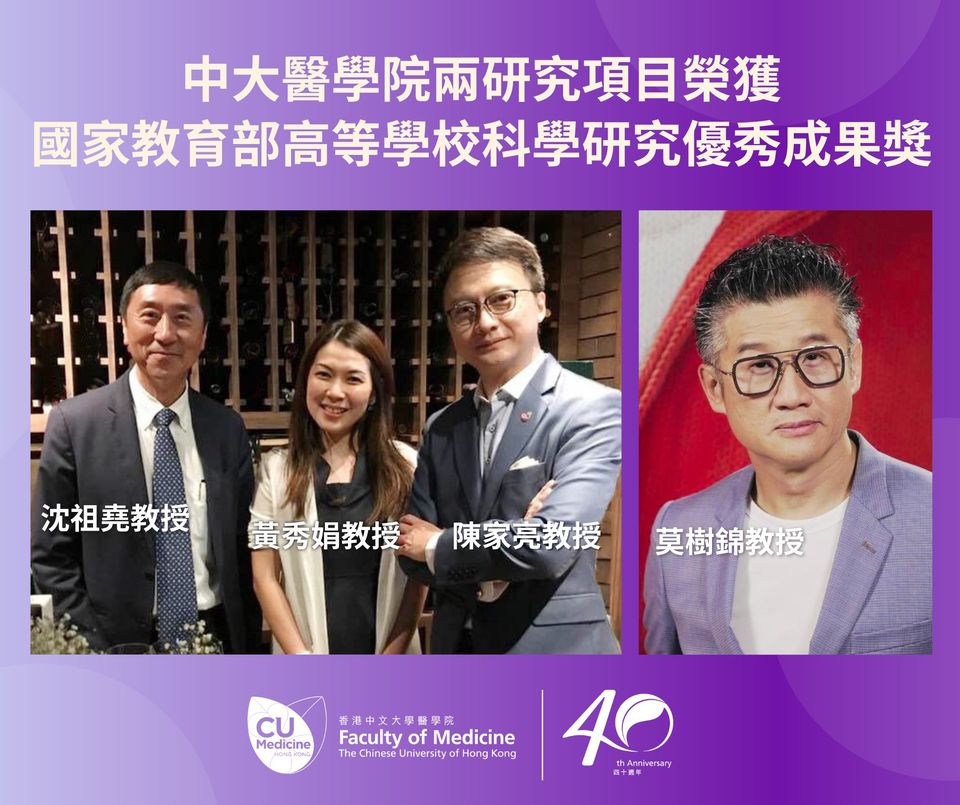
文章出處: 香港中文大學醫學院






